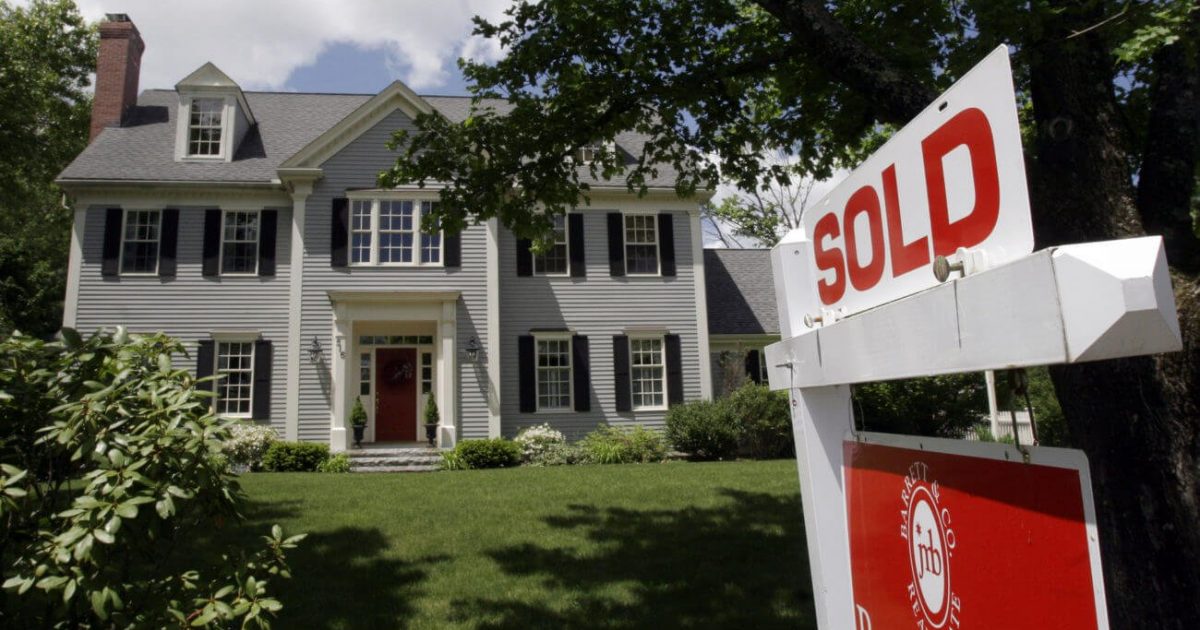- U.S. housing market demand rose for a fifth consecutive week.
- The residential “Purchase Index” has recovered to 2019 levels.
- The sector faces headwinds, but it’s looking less and less like home prices will crash in the immediate future.
It’s still too early to say the housing market is out of the woods, but apocalyptic warnings that the coronavirus pandemic would immediately provoke a real estate sector crash are beginning to look a bit silly.
That’s not to say the long-term outlook is necessarily rosy, especially for commercial properties. But if skyrocketing unemployment rates and plunging consumer confidence have weakened the housing market’s fundamentals, prospective house-hunters haven’t gotten the message.
Housing Market Erases Coronavirus Demand Shock
Homebuyer demand continues to soar as the first wave of the coronavirus outbreak moves further past its inflection point. According to the Mortgage Bankers Association, mortgage applications for home purchases rose 6% for the week ending May 15.
It was the fifth straight weekly increase for the MBA’s Purchase Index, which has made a stunning recovery from its early-April demand shock.
Remarkably, with most U.S. residents still under some sort of stay-at-home order, overall purchase activity was just 1.5% lower than the same period in 2019. And government mortgage applications are actually 5% higher than a year ago.
That’s all the more impressive since May is typically the second-hottest month for home sales.
Joel Kan, MBA’s Associate Vice President of Economic and Industry Forecasting, commented:
Applications for home purchases continue to recover from April’s sizeable drop and have now increased for five consecutive weeks. Purchase activity – which was 35 percent below year-ago levels six weeks ago – increased across all loan types and was only 1.5 percent lower than last year
As states gradually reopen and both home buyer and seller activity increases, we will be closely watching to see if these positive trends continue, or if they reflect shorter-term, pent-up demand.
There’s no question that this data is an unalloyed positive sign for the U.S. housing market.
It’s the latest evidence that, as Grant Thornton Chief Economist Diane Swonk said Tuesday, residential real estate is poised to “be a driver out of recession.” (If banks will lend to prospective homebuyers, anyway.)
Why Long-Term Economic Damage Still Presents a Lingering Tail-Risk
On the other hand, the swift recovery in demand could reflect the disparity in how coronavirus has disrupted the labor market.
The tidal wave of layoffs disproportionately impacted lower-income workers, and lower-income U.S. households are less likely to own homes. That could make the housing market recovery more tenuous than it appears.
If demand snapped back for the simple reason that the people most likely to purchase homes haven’t been laid off, then there’s a lingering tail-risk if the pandemic’s economic fallout begins to filter up the income ladder.
Because as devastating as the pandemic has already been to the U.S. economy, experts warn the damage could get much worse.
Coca-Cola CEO James Quincey warned this morning that although coronavirus lockdowns are beginning to ease, the economic impact is only “just starting to begin” and will leave a “hangover” long after the crisis has passed.
“The economic impact of the lockdown is just starting to begin,” he told CNBC. “We’re gonna have to recognize that coming after this virus crisis will be the economic impact and hangover of the lockdown, and there will be a much greater focus from the consumer on affordability or getting the prices lower.”
He’s not the only pessimist.
Federal Reserve Chair Jerome Powell said that U.S. GDP could contract by 30% in the second quarter, while the Congressional Budget Office predicts a 38% slide followed by a painfully-sluggish recovery.
The housing market has passed a big test by proving its resiliency to the immediate damage of a black swan event. But this sector, just like the broader economy, must still test its mettle over the longer-term.
Disclaimer: This article represents the author’s opinion and should not be considered investment or trading advice from CCN.com
This article was edited by Sam Bourgi.




